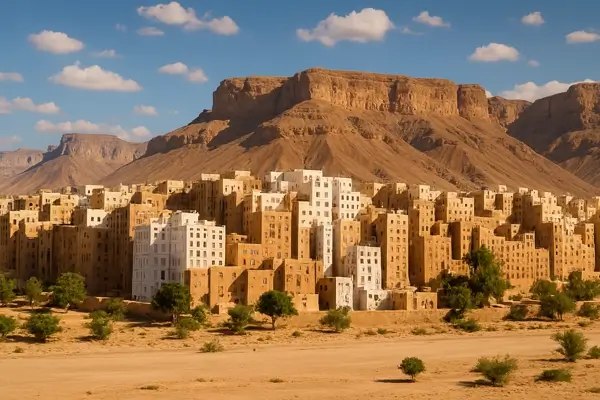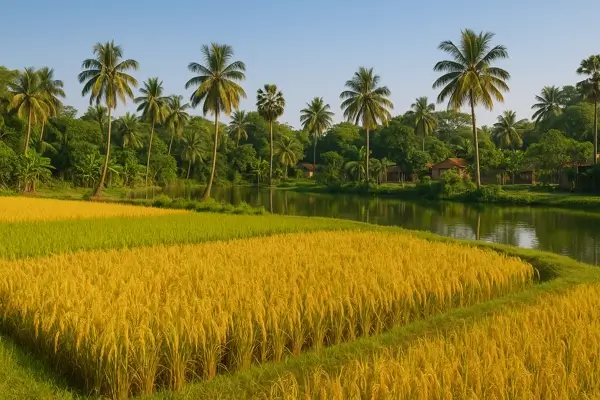
One of the World’s Oldest Civilizations
Yemen’s history dates back thousands of years and includes ancient kingdoms like Saba, believed to be the homeland of the Queen of Sheba.
Sana’a – A Living Museum
The capital city Sana’a is one of the oldest continuously inhabited cities in the world, with stunning multi-story mud-brick buildings and intricate architecture.
The Alien Island – Socotra
Often called the “Galápagos of the Indian Ocean,” Socotra Island is known for its bizarre and unique plant life, especially the umbrella-shaped Dragon’s Blood Tree.
Shibam – The Manhattan of the Desert
Shibam, a UNESCO World Heritage Site, features centuries-old mudbrick skyscrapers, representing one of the earliest examples of vertical urban planning.
The Legendary Mocha Port
The term “mocha” coffee originates from the port city of Mocha, which was a major hub in the early global coffee trade during the 15th–17th centuries.
Marib Dam – Ancient Engineering Marvel
The Marib Dam, built around 750 BCE, is considered one of the greatest engineering feats of the ancient world and sustained agriculture for centuries.
Rich Cultural Traditions
Yemen is known for its traditional music, intricate jewelry, folk dances, and colorful clothing, especially among its many tribal communities.
No Rivers, But Abundant Mountains
Yemen has no permanent rivers, but features breathtaking mountain landscapes, particularly in the highlands around Sana’a and Ibb.
Saltah – National Dish of Yemen
Saltah, a flavorful stew served with fenugreek froth and flatbread, is a beloved part of Yemeni cuisine, along with Mandi and Malawah.
Traditional Weapon – The Jambiya
Many Yemeni men wear a jambiya, a curved ceremonial dagger worn at the waist, symbolizing honor and cultural identity.



